How to Choose a Construction Crew? A Professional Answers
Planning a renovation? Milla Kolpakova explains simply and clearly which crew you should hire to ensure the result meets your expectations
How beautiful and high-quality your interior will be depends not only on the designer but also on the builders. Together with Milla Kolpakova, we explain how to choose a contractor.
Milla Kolpakova — interior design expert, decorator, blogger
Where to find contractors?
- Use recommendations (colleagues, friends, designer) — an obvious method. But verify what exactly these people would work on at your site too. Don't forget about the "expert effect": people sometimes recommend even what they didn’t like;
- your housing cooperative or district forum;
- sites with a database of professionals, forums, Instagram pages.
How to evaluate candidates?
You can't just take a crew without checking how they work. Ideally, you should visit the site during the rough and finish stages. What do we pay attention to first?
Order on the construction site
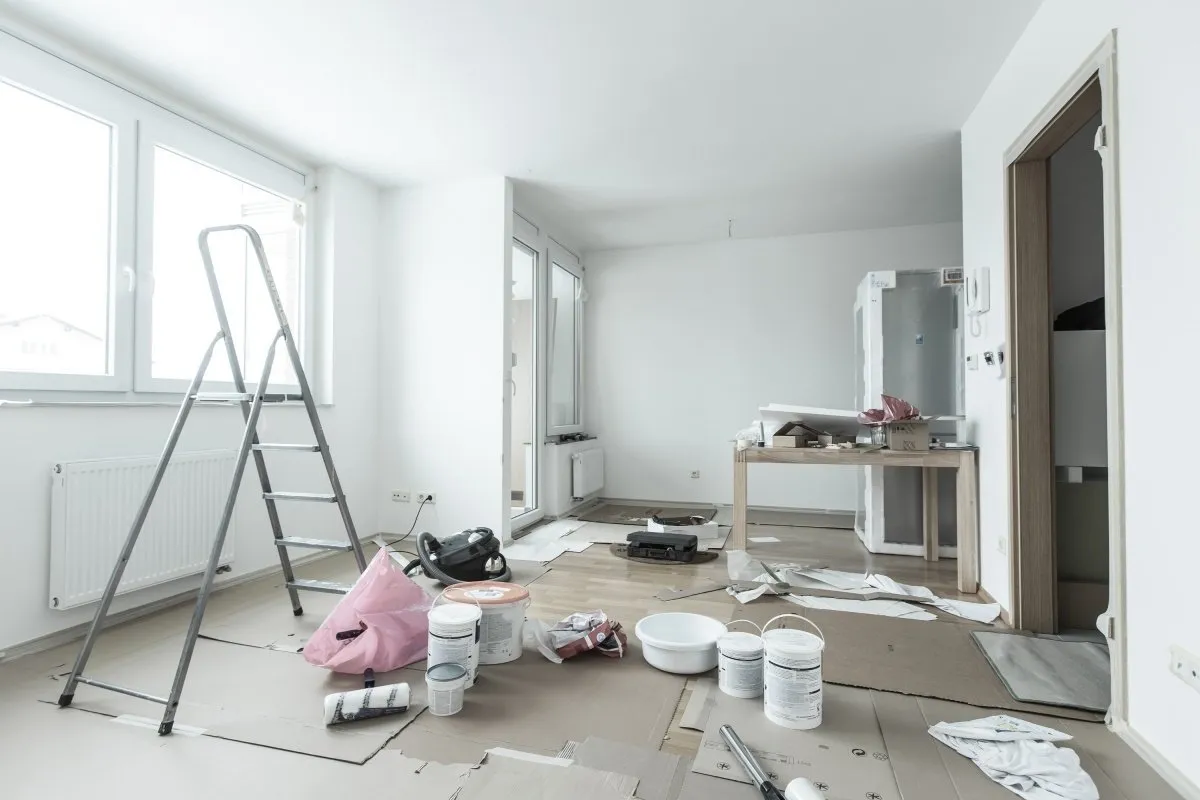
Utility layout
During the rough stage, observe how electrical wiring and plumbing are laid out. They should be even and logical, without zigzag trenches or pipe labyrinths.
Neatness
During the finish stage — neatness, especially at joints between materials: tiles and wallpaper, tiles and parquet, paint and plaster. Joints should be straight and neat.
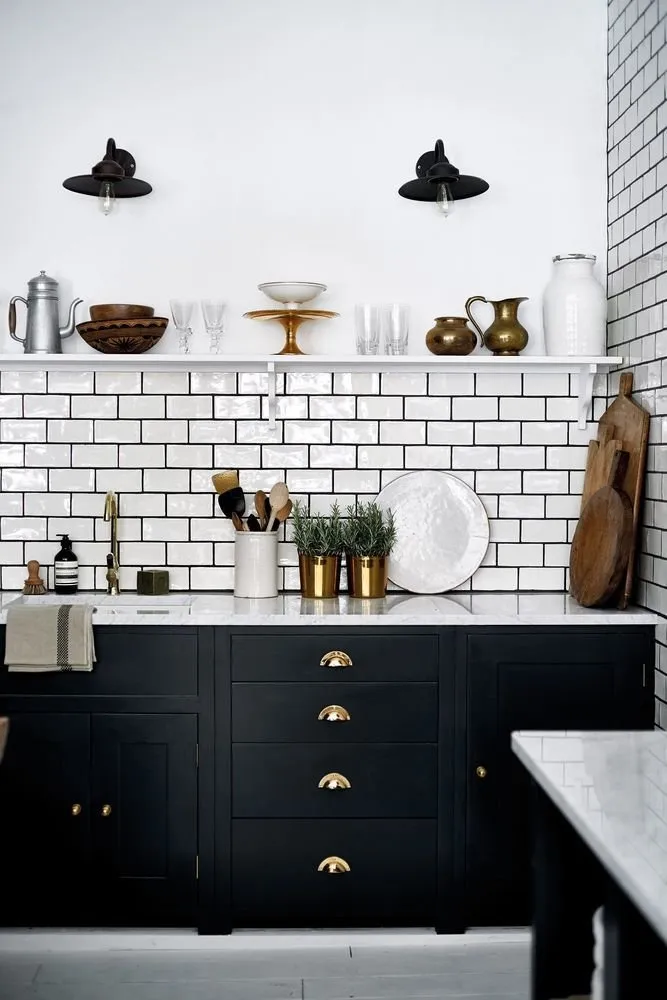
How wallpaper was applied
There should be no visible seams, overlaps or misalignments. The pattern must align without significant shifts. Wallpaper should not have stains or scratches.
How tiles were laid
Are the joints even, no height differences, is the grout properly filled — no leftover grout or gaps. If there is a window, you can press your cheek to the wall and look for light — this way all surface irregularities will be visible. Check how tiles are cut and how corners are finished.
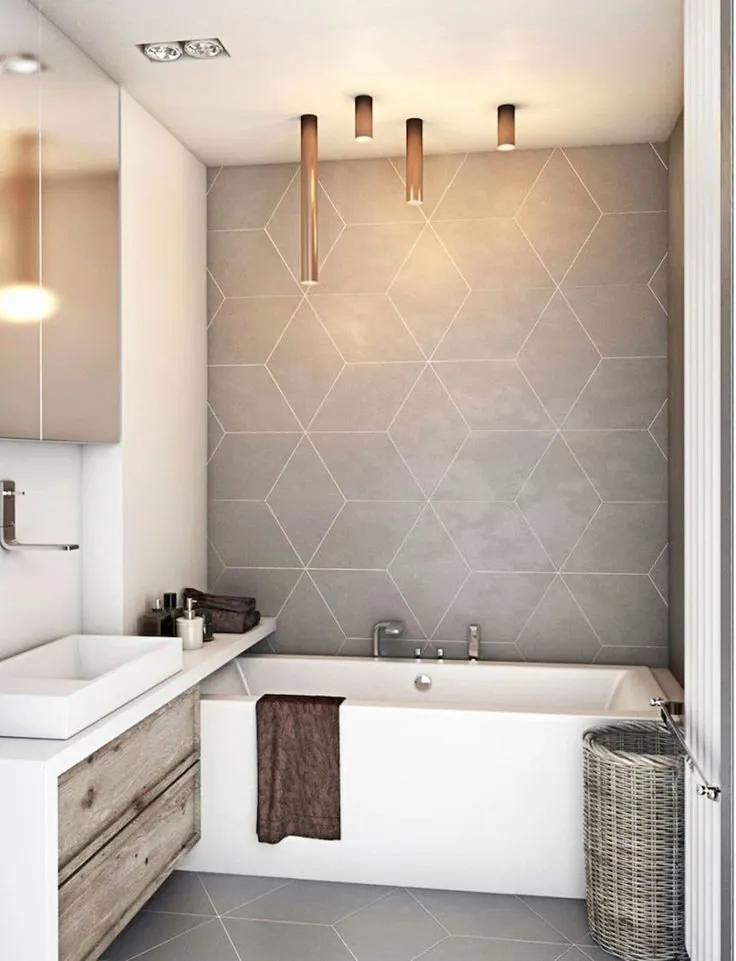
Quality of painting
There should be no paint drips, patches, streaks or roller marks. The color must be even and uniform throughout the room, without color variations.
Quality of moldings
If there are moldings, they should be straight, without signs of joint adhesive and cracks if it's polyurethane or duroplast. Gypsum moldings are usually made by other specialists, not builders.
How parquet was laid
Parquet is often laid by specialists rather than crew members. Clarify who did it at the site you're inspecting, and check how the floor is laid. It should be flat, without height differences, cracks or bumps, not creaking or walking on it. Installation at 45 degrees usually masks uneven walls. If the floor was stained or treated on-site, there should be no visible gaps under the varnish.
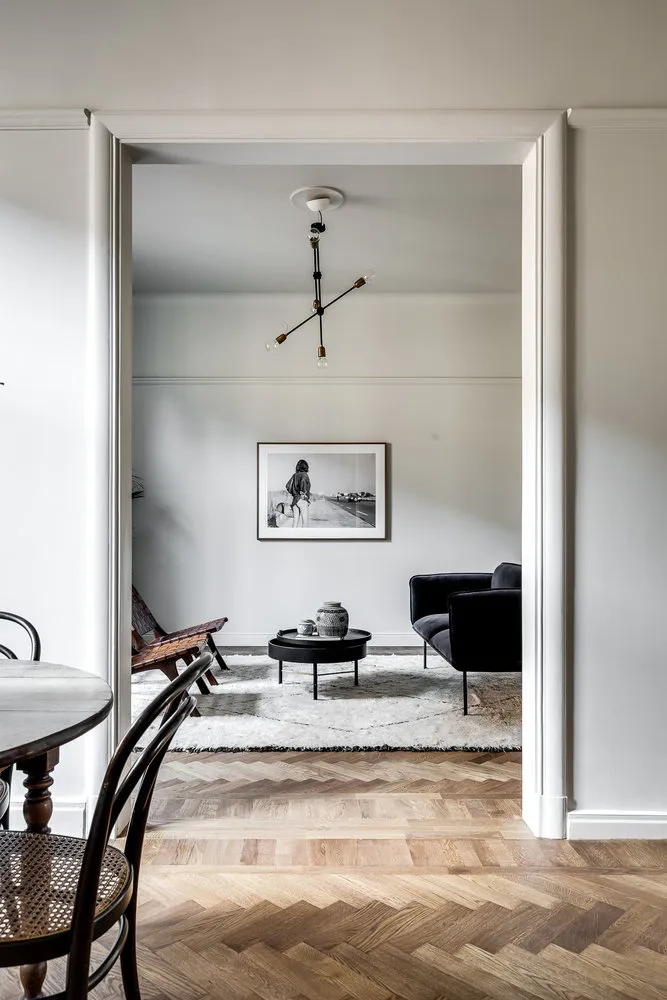
Integrated furniture
Pay attention to the brackets and trim pieces. Often, these are makeshift solutions by carpenters due to initially crooked walls.
Plumbing and electrical work
They should be aligned and in their proper places, ideally functioning too.
Responsible person
There should be a specialist on site who is responsible for all workers — a supervisor or project manager.
How builders behave
Ask neighbors, security guard, concierge, whether the builders make noise, bring strangers, throw garbage out of windows, and so on.
Ability to read drawings, work with designers
If a crew doesn’t take the designer seriously, problems, conflicts and mistakes are inevitable.
Need a renovation specialist?
Find verified professionals for any repair or construction job. Post your request and get offers from local experts.
You may also like
More articles:
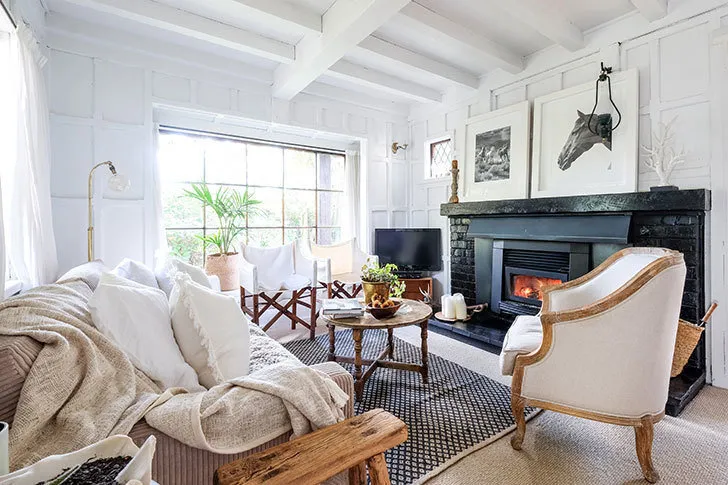 House with Antique and Vintage Furniture
House with Antique and Vintage Furniture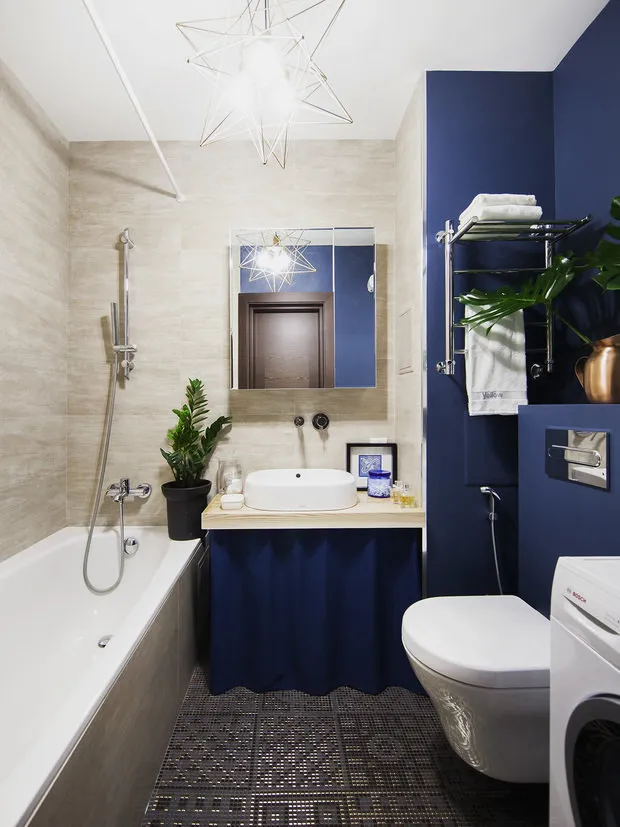 Design of Small Bathroom: 7 Ideas from Designers
Design of Small Bathroom: 7 Ideas from Designers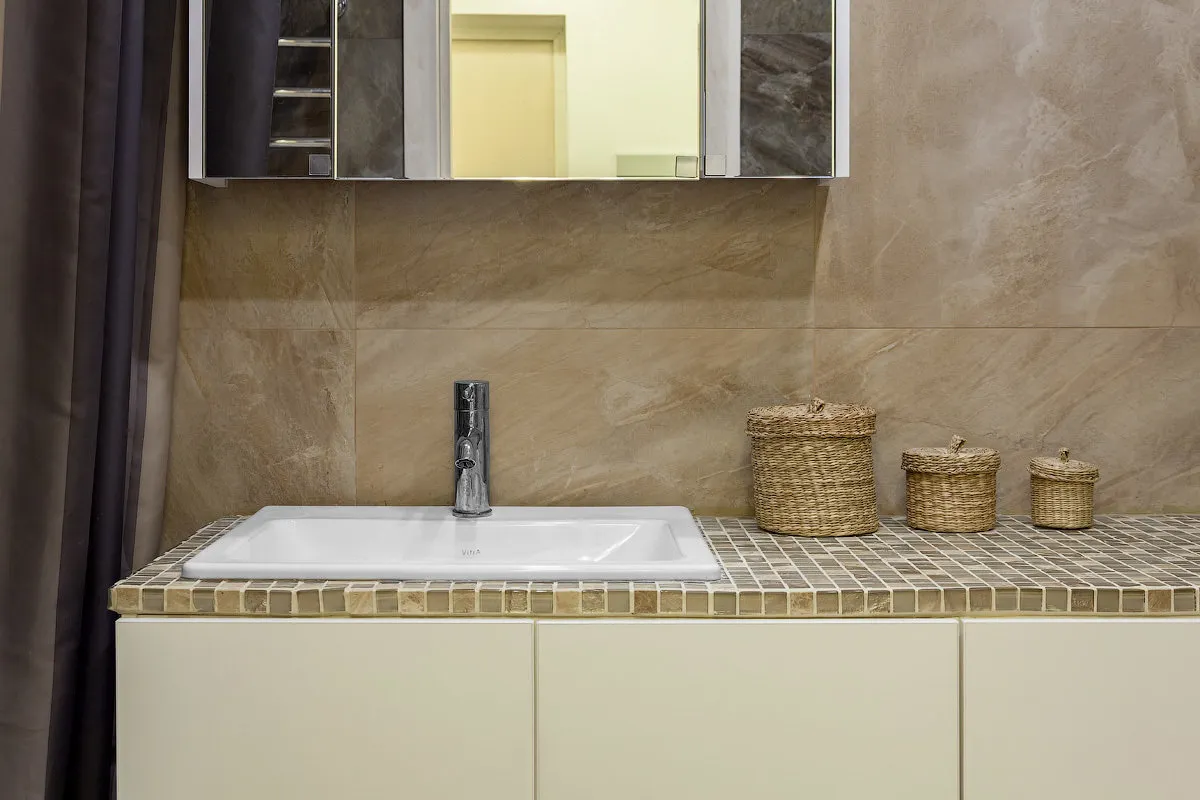 Choosing Bathroom Fixtures: 5 Important Points
Choosing Bathroom Fixtures: 5 Important Points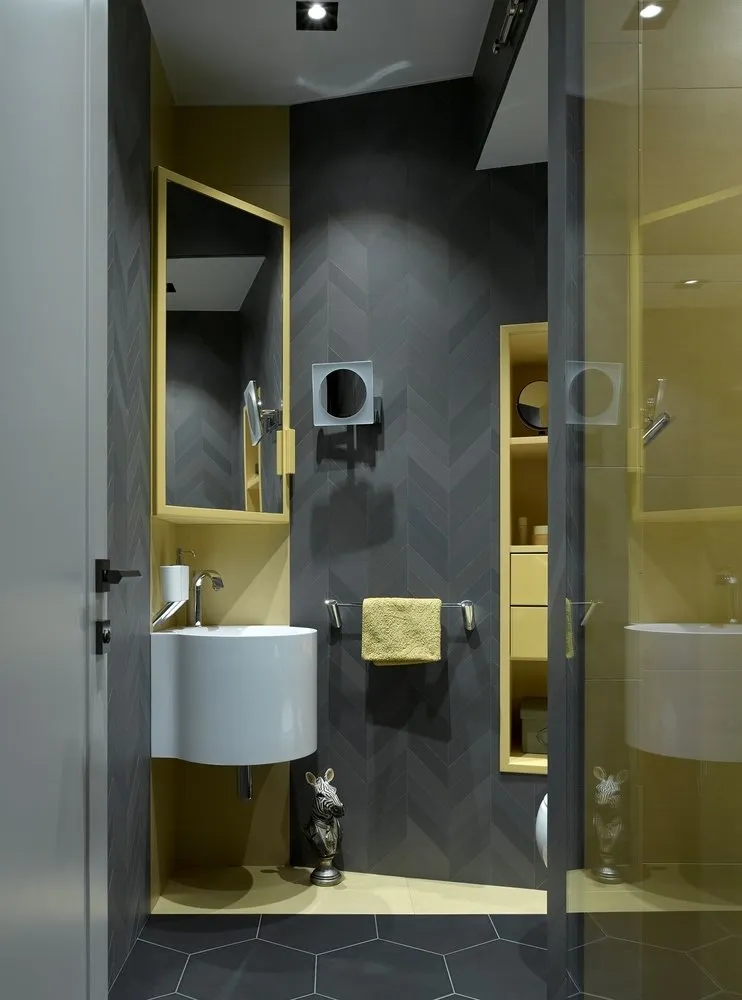 6 Design Solutions for a Small Bathroom
6 Design Solutions for a Small Bathroom What to Read, Listen to, and Watch to Start Understanding Design
What to Read, Listen to, and Watch to Start Understanding Design 5 drawbacks of standard apartments that need to be fixed
5 drawbacks of standard apartments that need to be fixed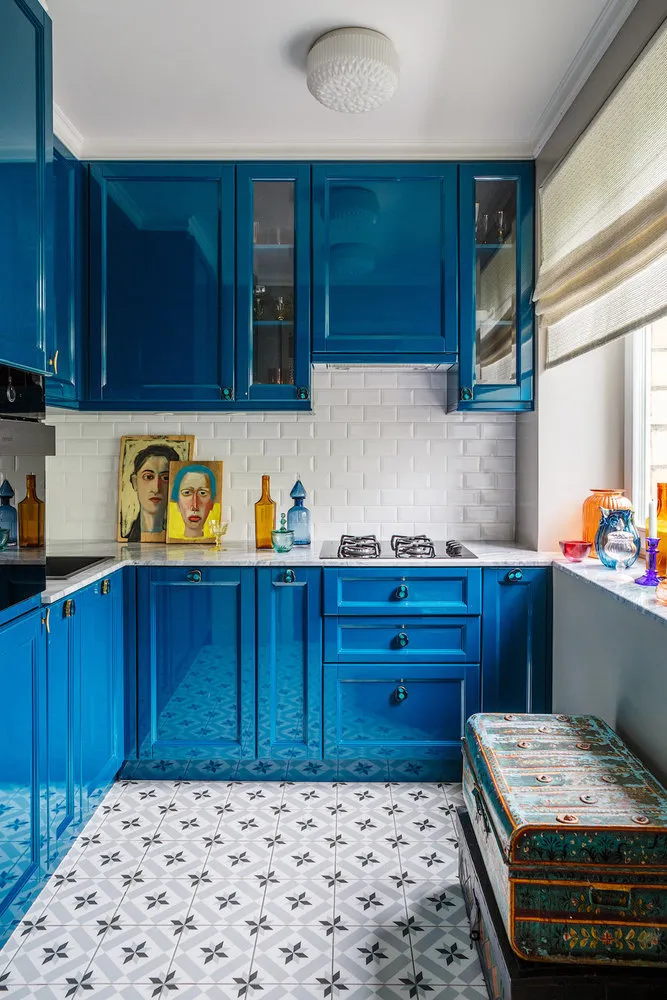 How Designers Decorate Their Kitchens: 6 Bright Examples
How Designers Decorate Their Kitchens: 6 Bright Examples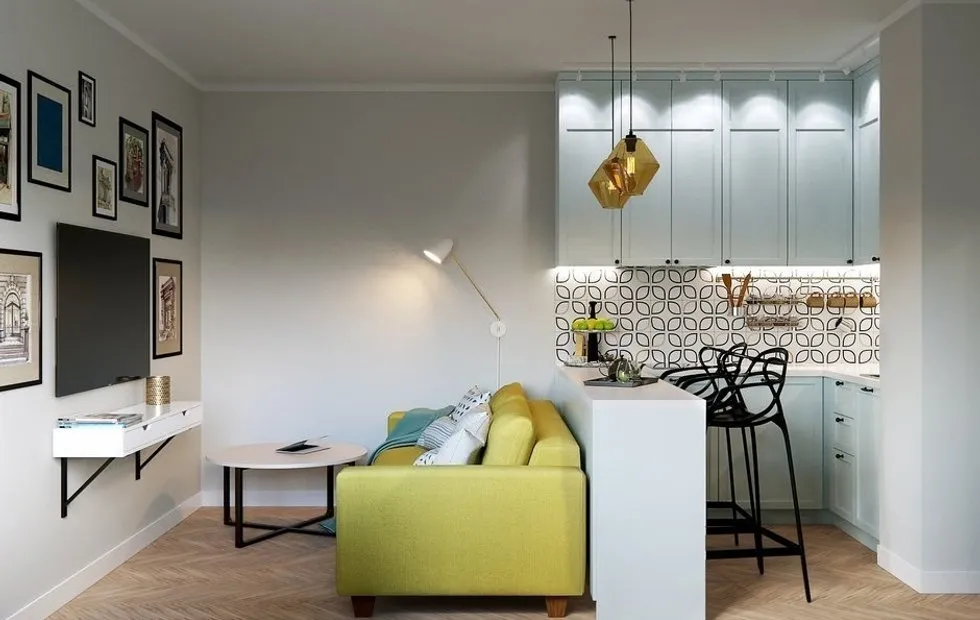 How to Maximize Space in a Small Studio: 2 Layout Options
How to Maximize Space in a Small Studio: 2 Layout Options